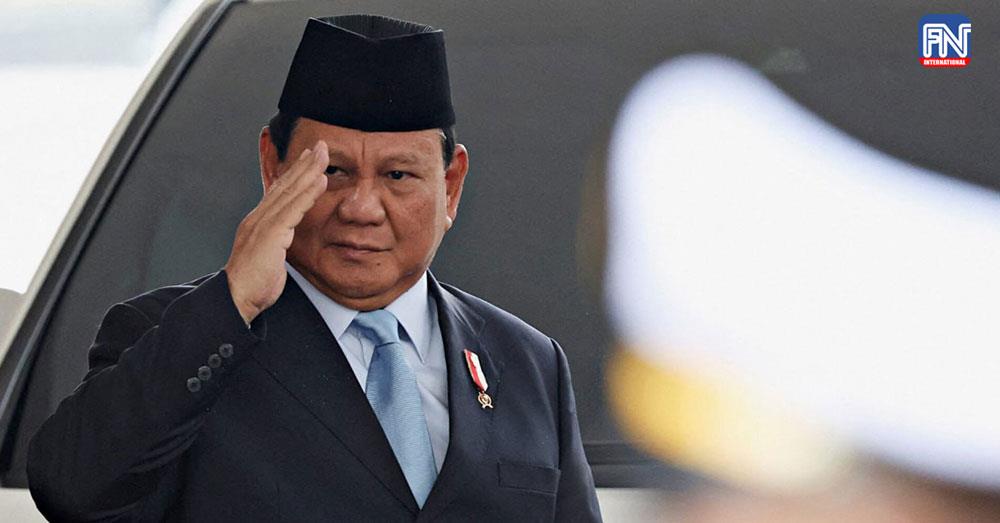SUKABUMI, Oct 17 (Reuters) - Indonesian sixth-grader Shakila Fitriyani, a day labourer's daughter who dreams of becoming a doctor, says she is keener to go to school these days because she is served a free lunch.
"I am happy to receive the nutritious meal, milk and fruit," Shakila said, speaking in her small tiled-roof and bamboo-screened home in the green highlands of West Java.
"This has made me eager, going to school."
Since January, the 11-year-old has been among thousands of students receiving a mid-day meal - consisting, for example, of rice with a spiced, hard-boiled egg, stir-fried vegetables and a box of milk, along with a slice of melon.
They are part of a pilot programme in the province aiming to deliver on a campaign promise by incoming president Prabowo Subianto, an endeavour costing $28 million to supply meals to 83 million children and pregnant women nationwide.
But the effort has drawn criticism from investors and rating agencies questioning how it could be funded without hurting Indonesia's recent hard-won reputation for fiscal prudence, while logistics offers a challenge in the sprawling archipelago.
Prabowo, who will take office on Sunday from incumbent Joko Widodo, says the programme is essential to fight the stunting of growth that afflicts 21.5% of children under five and can be delivered within the limits of fiscal prudence.
To allay budget concerns, Prabowo has limited the first year's expenditure to 71 trillion rupiah ($4.6 billion) so as to keep the annual fiscal deficit under a legislated ceiling of 3% of GDP.
But Eliza Mardian, an economist with think-tank the Center of Reform on Economics, said the budget might not be enough, particularly as milk, which Indonesia imports, is expensive.
"With our tight fiscal condition, there is potential for budget swelling and this will lead to additional debt," she said. "This will be a fiscal burden for us going forward."
If the programme requires more imports of food, she warned it could also worsen the external balance of payments for Indonesia, already a major importer of wheat, rice, soybeans, beef and dairy products.
On the other hand, Prabowo calls the programme one of the main drivers of economic growth, eventually set to add an estimated 2.5 million jobs and spur demand for local produce.
The president-elect has pledged to accelerate GDP growth to 8% from 5% now.

Photo from Reuters